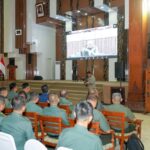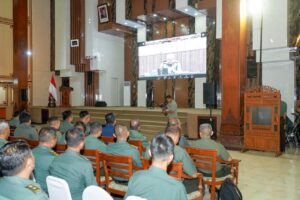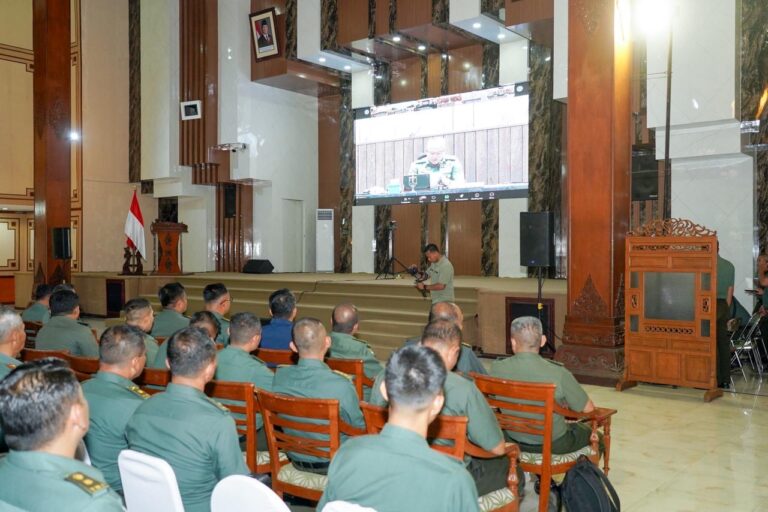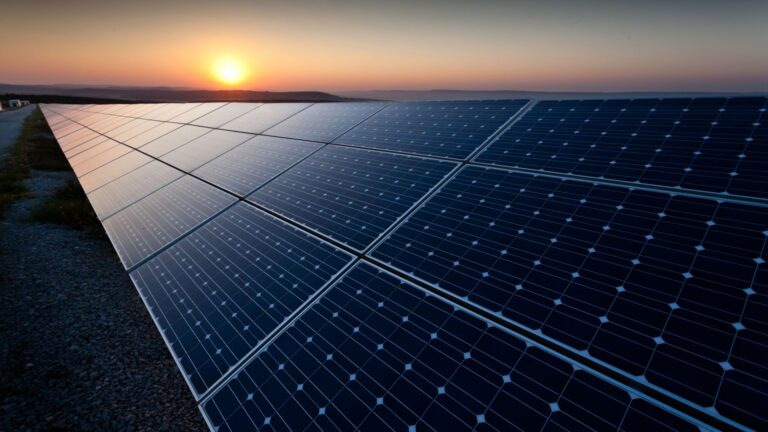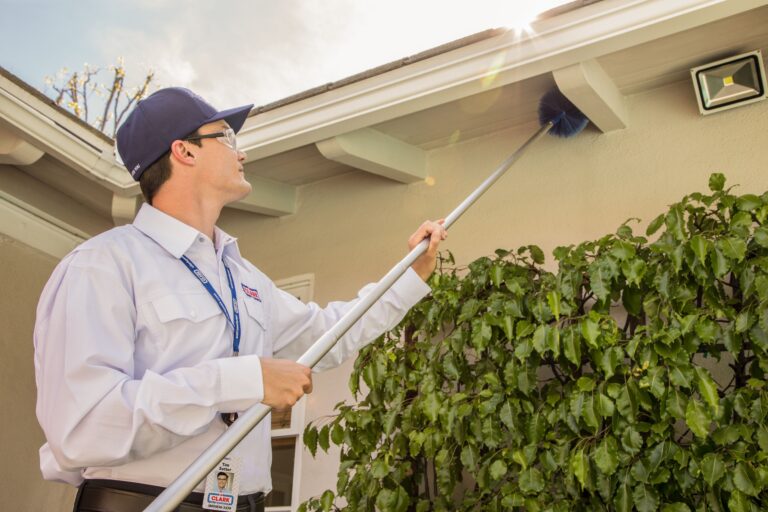Introduction To Power Cable Price in Pakistan
In the rapidly evolving energy and infrastructure landscape of Pakistan, the demand for power cables continues to rise, driven by increasing urbanization, industrial growth, and the burgeoning solar energy sector. Power cables are essential components in the transmission and distribution of electricity across various applications, from domestic to industrial use. With the country’s focus on sustainable energy solutions, there has also been a significant rise in the demand for AC solar wires in Pakistan. This article will explore the power cable price in Pakistan, key factors influencing the price, and the relevance of AC solar wires in today’s energy market.
Understanding Power Cables: Types and Applications
Power cables are used for transmitting electrical power across different areas. They come in a wide range of types, each suited for specific applications. Some of the most common types of power cables include:
- Low Voltage Cables (LV): Used in domestic and light commercial applications, these cables can transmit power at voltages up to 1,000 volts.
- Medium Voltage Cables (MV): These are used for industrial and commercial applications, typically carrying between 1kV and 35kV.
- High Voltage Cables (HV): Utilized in large power distribution networks, they can carry electricity over long distances at voltages above 35kV.
- AC Solar Wires: Specifically designed for solar energy systems, these wires help in transmitting Alternating Current (AC) from solar panels to inverters and into the power grid.
In Pakistan, the solar energy market has seen significant growth over the past decade, leading to a greater demand for specialized cables like AC solar wires.
Factors Affecting Power Cable Prices in Pakistan
Several factors determine the price of power cables in Pakistan, including:
1. Material Composition
The primary materials used in power cables are copper and aluminum. Copper is preferred for its high conductivity and durability, but it is more expensive than aluminum. Aluminum cables, while more cost-effective, are generally less efficient at conducting electricity, which can lead to energy losses. The fluctuating prices of copper and aluminum on the global market directly impact the price of power cables in Pakistan.
2. Cable Type and Specifications
Different cables serve different purposes. For instance, low voltage cables for domestic use are usually cheaper than high voltage cables designed for industrial applications. Moreover, specialized cables like AC solar wires are typically more expensive due to their specific design features such as UV resistance, flame retardance, and high durability.
3. Brand and Quality
There are numerous manufacturers of power cables in Pakistan, each offering products at various price points. Well-established brands, such as Pakistan Cables and Pioneer Cables, are known for high-quality products that come at a premium price. Cheaper alternatives are available, but they may not offer the same level of performance or durability.
4. Regulatory Standards
Pakistan’s National Electric Power Regulatory Authority (NEPRA) mandates certain standards for power cables to ensure safety and reliability. Meeting these standards often involves the use of superior materials and manufacturing processes, which can drive up the cost of compliant power cables.
5. Supply and Demand Dynamics
As with any commodity, the price of power cables fluctuates based on supply and demand. Over the past few years, the construction and infrastructure development sectors in Pakistan have experienced rapid growth, increasing the demand for power cables. Additionally, the rise in solar power installations has heightened the demand for AC solar wires.
6. Import Duties and Taxes
Many power cables in Pakistan are imported, especially high-end and specialized cables. Import duties and taxes can significantly affect the price of these products. The government’s focus on encouraging local manufacturing has led to lower taxes on domestically produced cables, providing consumers with a more affordable option.
Power Cable Price Range in Pakistan
The price of power cables varies based on their type, specifications, and manufacturer. Below is a general price range for different types of power cables available in the Pakistani market:
- Low Voltage Cables: Prices can range between PKR 60 to PKR 200 per meter, depending on the cable’s thickness and material (copper or aluminum).
- Medium Voltage Cables: These cables generally range from PKR 400 to PKR 1,000 per meter.
- High Voltage Cables: For industrial applications, high voltage cables can cost anywhere from PKR 1,000 to PKR 3,000 per meter.
- AC Solar Wires in Pakistan: AC solar wires are typically priced higher due to their specialized nature. The cost of these wires can range between PKR 150 to PKR 500 per meter, depending on the quality and manufacturer.
It’s important to note that these prices fluctuate based on the factors mentioned above, including material costs, brand, and market demand.
AC Solar Wires: A Growing Market in Pakistan
With Pakistan’s increasing focus on renewable energy, the solar power market is expanding rapidly. AC solar wires in Pakistan play a crucial role in the transmission of energy generated from solar panels. As solar energy is becoming more accessible and affordable, the demand for high-quality solar wiring has surged.
1. Why AC Solar Wires?
Solar energy systems convert sunlight into Direct Current (DC), which is then converted to Alternating Current (AC) via an inverter. The AC solar wires are used to transmit this converted energy to the main power grid or household electricity system. These wires are specifically designed to handle solar energy efficiently and are built to withstand harsh environmental conditions, such as UV exposure and high temperatures.
2. Types of Solar Wires
Solar wires are classified into two main categories: DC and AC. While DC wires are used to connect solar panels to inverters, AC solar wires are used post-conversion to carry alternating current from the inverter to the grid. These wires are typically constructed from high-quality copper or tinned copper, ensuring high conductivity and resistance to environmental factors.
3. Benefits of AC Solar Wires
- Durability: AC solar wires are built to last, often with enhanced protection against environmental damage like UV rays, moisture, and temperature extremes.
- Efficiency: These wires help minimize energy losses, ensuring that the maximum amount of power generated by the solar panels reaches the grid.
- Safety: High-quality AC solar wires adhere to international safety standards, minimizing the risk of electrical fires and other hazards.
4. Price Factors
The price of AC solar wires in Pakistan depends on the material used (copper vs. aluminum), brand, and whether the wires meet local or international safety standards. The increased focus on renewable energy in Pakistan has led to a growing local market for AC solar wires, resulting in more competitive pricing.
Key Manufacturers and Suppliers in Pakistan
Several key manufacturers and suppliers offer a wide range of power cables and solar wires in Pakistan. Some of the leading companies include:
1. Pakistan Cables Limited
One of the oldest and most reputable manufacturers of power cables in Pakistan, Pakistan Cables offers a variety of low, medium, and high voltage cables. They also produce specialized solar wires, including AC solar wires.
2. Pioneer Cables
Pioneer Cables is known for its high-quality cables and wires, including solar-specific products. They provide both DC and AC solar wires designed for optimal performance in Pakistan’s solar energy systems.
3. Fast Cables
Fast Cables offers a wide range of electrical cables, including solar wiring solutions. Their solar cables are built to withstand Pakistan’s harsh climate conditions, making them a popular choice for both residential and commercial solar installations.
4. General Cables
Another leading manufacturer, General Cables specializes in both domestic and industrial power cables. Their AC solar wires are particularly popular among solar power installers in Pakistan.
Conclusion
The demand for power cables, particularly AC solar wires in Pakistan, is on the rise due to increasing urbanization, industrial growth, and a growing focus on renewable energy. The price of power cables varies based on factors such as material composition, cable type, brand, and market dynamics. With the expanding solar energy market, AC solar wires have become an essential component of energy transmission, contributing to the country’s renewable energy goals.
Choosing the right type of power cable and solar wiring is critical to ensuring the efficiency and safety of any electrical or solar energy system. As Pakistan continues to develop its infrastructure and energy sectors, the power cable industry will play a crucial role in supporting this growth.
